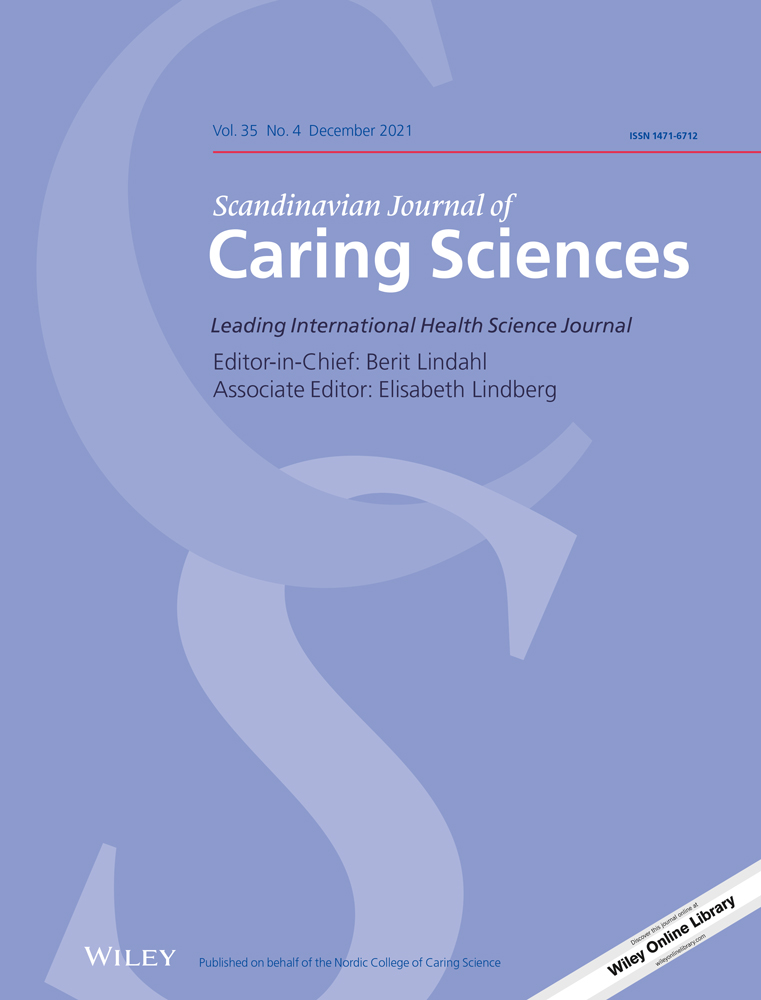Experiences of surviving life-threatening illness: The meaning of recovery
Abstract
Background
Recovery from life-threatening illness may be experienced as more demanding and lasts longer than patients first expect. Many patients experience recovery after life-threatening illness, as filled with complex problems. These problems are primarily physical and psychological, although also social, and adversely affect daily life as well as perceived quality of life. Patients experience uncertainty about living with the legacy of a life-threatening illness and how it negatively limits their daily lives and experienced health.
Aim
The purpose is to illuminate experiences of the meaning of recovery from life-threatening disease.
Ethical approval
Approval for the study was obtained through a Regional Research Ethics Committee.
Methods
This study was conducted as a qualitative narrative study. This means that written stories of human recovery beyond suffering from life-threatening disease were collected and analysed with a phenomenological hermeneutic method.
Results
The findings reveal two major areas – intrapersonal meanings and relational meanings. Four themes were found in these areas, each of which was divided into subthemes as follows: obstacles, for example disappointment of life, alienation of self and opportunities/resources: for example balance, own knowledge, hope and gratitude; relational obstacles, for example a lack of care, stigmatisation and economic stress; and relational resources such as informal care and professional care.
Study limitations
The informants were predominantly women that may be explained by the fact that females seem to be more often engaged in social media and willing to participate in these kinds of studies. Another limitation is that we only reached out to Swedish speaking Facebook groups when recruiting our informants.
Conclusions
In the narratives of their recovery process, surprisingly few focused on professional health care as a resource. Experiences from the study may be used to further develop care, especially to support patient self-care regarding intrapersonal and relational resources that promote patient recovery beyond suffering from life-threatening disease.




